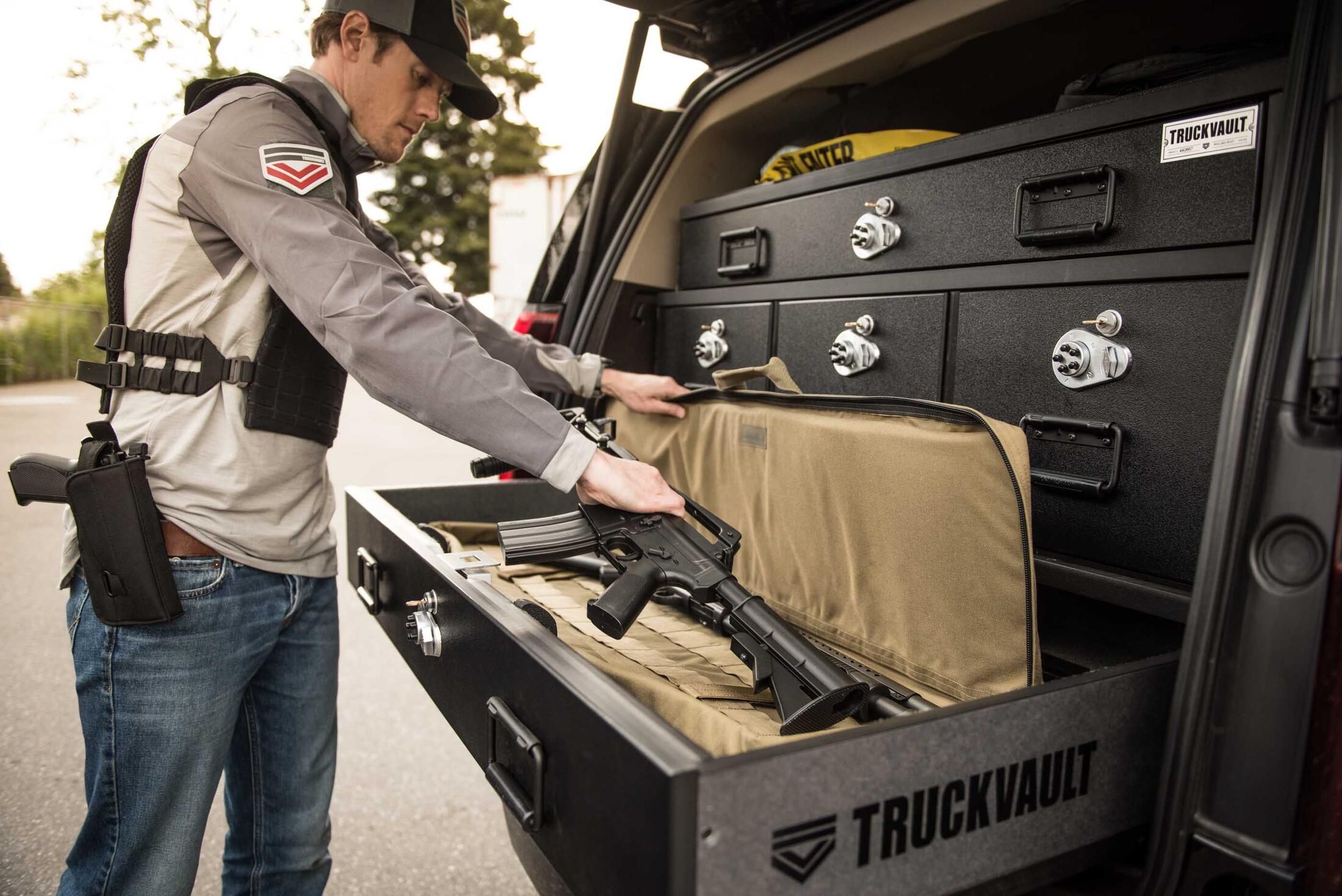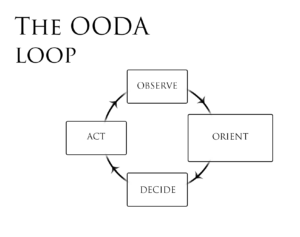Can Police Open a Locked Safe in Your Car?
The Fourth Amendment and Its Implications
Probable cause requirements
The Fourth Amendment protects against unreasonable searches and seizures. For law enforcement to search private property, they generally need probable cause to believe evidence of a crime will be found.
Automobile exception
However, the Supreme Court has established an “automobile exception” with lower Fourth Amendment protections for vehicles, allowing warrantless searches with probable cause.
Locked Safes and the Automobile Exception
Supreme Court precedent
The Supreme Court has not ruled specifically on locked safes in vehicles. However, the same probable cause rules likely apply.
Lower court rulings
Lower courts have generally held that police need probable cause to believe a locked safe in a vehicle contains evidence of a crime in order to search it without consent or a warrant.
Establishing probable cause
The mere presence of a locked safe may establish probable cause if coupled with other evidence of criminal activity. But a safe alone does not automatically provide probable cause.
Consent Searches and the Locked Safe
Definition of consent search
Police can search without probable cause or a warrant if given voluntary, explicit consent.
Right to refuse consent
Individuals can refuse consent for a search, which cannot legally be used as evidence of guilt.
Implications of refusing consent
Refusing consent may lead officers to seek warrants through other means. But officers need separate justification for searching a locked safe.
Exigent Circumstances and the Locked Safe
Definition of exigent circumstances
Exigent circumstances allow warrantless searches to prevent immediate harms, destruction of evidence, or escape of suspects.
Case-by-case analysis
Whether exigent circumstances justify searching a safe is evaluated case-by-case based on the perceived imminent threat.
The Plain View Doctrine and the Locked Safe
Definition of plain view doctrine
The plain view doctrine allows evidence seizures without a warrant if officers have a lawful right to see the evidence.
Application to locked safes
This does not allow searching locked safe contents, which are not visible in plain sight even if the safe itself is visible.
Border Searches and the Locked Safe
Authority at border crossings
Customs officials have broad authority to search vehicles without warrants at international borders, including opening locked safes.
Limits of authority
This border search authority does not extend to searches by police within the country’s interior.
Inventory Searches and the Locked Safe
Definition of inventory search
Inventory searches catalog vehicle contents when impounded but do not allow opening locked safes without separate justification.
Limits on inventory searches
Inventory searches only include items in plain view, not concealed items like safe contents.
Conclusion
Summary of rules
In summary, locked safe searches generally require warrants, probable cause, consent, or exigent circumstances. Probable cause and plain view standards often do not apply to contents.
Protecting rights and privacy
If you believe officers unlawfully searched your safe, consulting an attorney can help uphold your rights.
Here are 5 unique frequently asked questions about this topic:
FAQ 1: If police find drugs in my car, can they search a locked safe without my consent?
Yes, finding drugs may establish probable cause to search a locked safe for additional evidence without consent. But officers would still need a warrant or justification like exigent circumstances to force the safe open if refused access.
FAQ 2: What should I do if asked to open a locked safe during a traffic stop?
Politely refuse consent for the search and request to speak with your attorney. Do not attempt to physically obstruct officers if they proceed with a search based on probable cause. But make clear you do not consent and consider contesting the search later.
FAQ 3: Can police get a warrant to search a locked safe based only on smelling marijuana?
No, smelling marijuana provides probable cause to search unsecured areas of the vehicle but does not automatically extend to breaking into a locked safe without additional evidence that the safe contains drugs.
FAQ 4: If I’m pulled over crossing into Canada, do border officials have unlimited rights to search my entire car and safe contents?
Officials have very broad authority to search vehicles at international borders but cannot cause unnecessary damage or destruction. If invasive search techniques like dismantling a safe are required, they may need reasonable suspicion of illegal items or activities.
FAQ 5: Can police open and inventory the contents of a locked safe if my car is impounded after an arrest?
No, inventory searches related to vehicle impounds do not allow forced entry into locked containers like safes without separate probable cause or exigent circumstances. The safe itself would be listed generically on the impound inventory report.







